Indervir “iLLeY” Dhaliwal’s first year in the Call of Duty League didn’t go like he expected. As the clock hit zero during the championship match, iLLeY wasn’t surrounded by hundreds of fans or his teammates. He was alone in his bedroom at his parents’ house.
“I ran downstairs and just screamed at my parents,” he said of the moments after closing out the series against the Atlanta FaZe. “I just won a world championship.”
As a rookie, iLLeY had earned a role on the Dallas Empire in the inaugural season of the Call of Duty League. He had been playing Call of Duty since he was nine, but had never played through anything like the COVID-19 pandemic.
iLLeY had relocated back home to Toronto while the rest of the Empire were in Dallas midway through the season. He made the difficult decision to be with his family during a once-in-a-century pandemic that cancelled every in-person tournament and event he was supposed to be at in 2020. iLLeY didn’t get to hoist the trophy on stage like he wanted, but the surprise party his parents threw him after the match was an acceptable substitute.
“They got me a little cake and food and we just chilled,” he said. “Emotions were high. I would have loved to be with my team. All the hard work we put in — It was a rollercoaster of a year. I wanted to spend time with my team, since they are my family.”
The COVID-19 virus forced the entire league to go online, just like every other esport league and tournament. The pandemic has invaded every corner of the world since then, changing daily routines, celebrations, how people interact with each other and even how they play games.
“COVID hit right after we won the Los Angeles event,” iLLeY said. “I had just turned 18 and I was in Dallas by myself. It was a new city, a new country. It was hard being in my apartment alone.”
The pandemic didn’t just change how iLLeY celebrated his first ring, it changed how the rookie played the game everyday. The switch from offline to online made the game faster with a greater focus on SMGs rather than assault rifles. It actually helped the Empire gain steam and dominate the competition.

“The meta changes when you go from LAN to online, the latency is always going to cause the same thing,” Dallas Empire head coach Ray “Rambo” Lussier said. “SMGs are better at online. AR bullets don’t always connect.”
Rambo brought up the Minnesota RØKKR as an example of a team which slow played with their assault rifles, opening them up to more problems once teams moved online.
“It didn’t work out,” Rambo said. “As soon as we went online, their SMGs couldn’t match up.”
The impact was obvious as the RØKKR finished with a losing record and then cut their entire roster before the 2021 season. The switch to online affected every single esport, including everything from shooters like Rainbow 6 Siege and Call of Duty to fighting games like Dragon Ball FighterZ and Super Smash Bros. Ultimate.


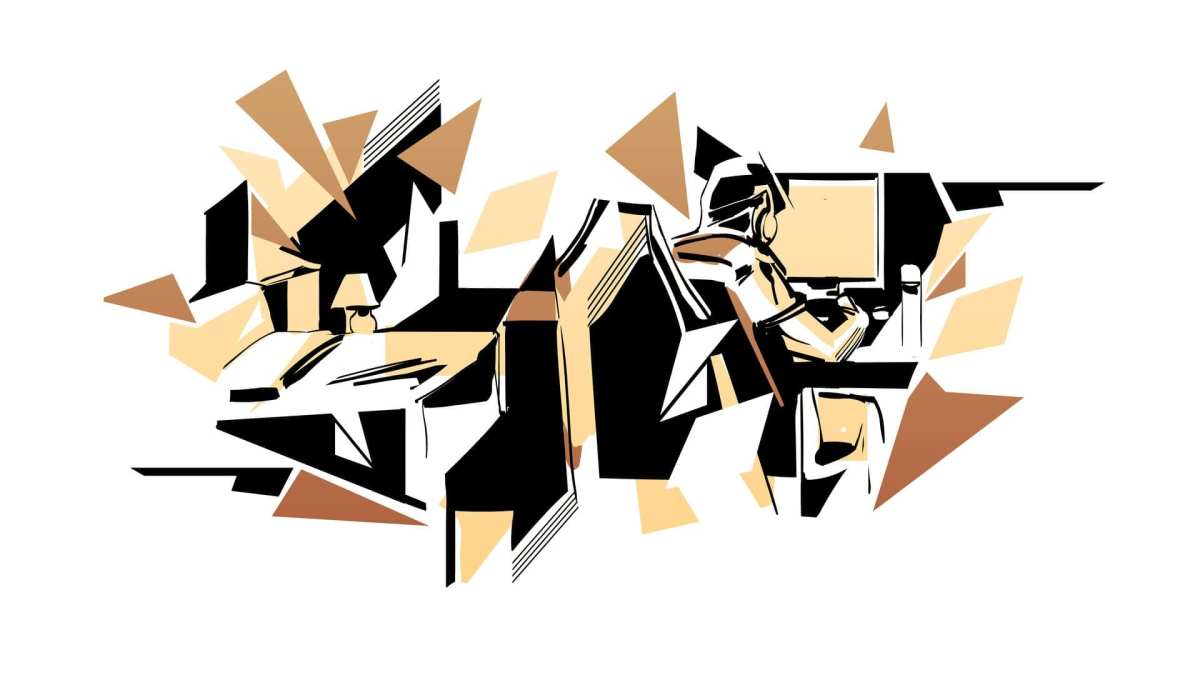
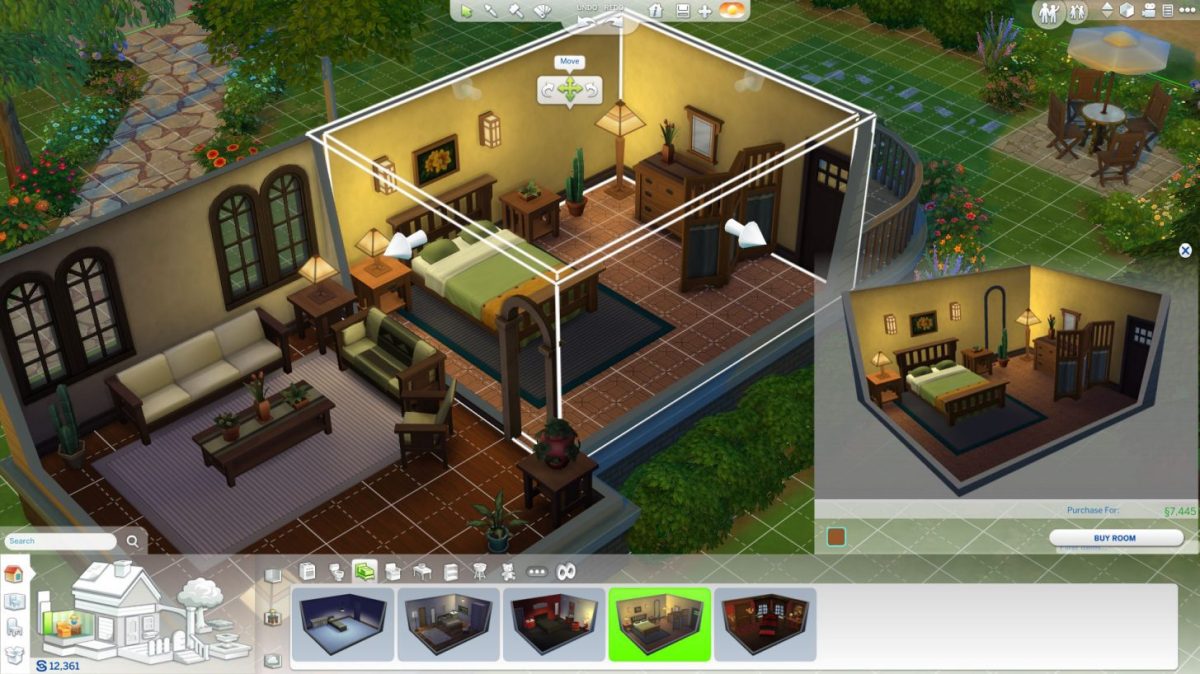
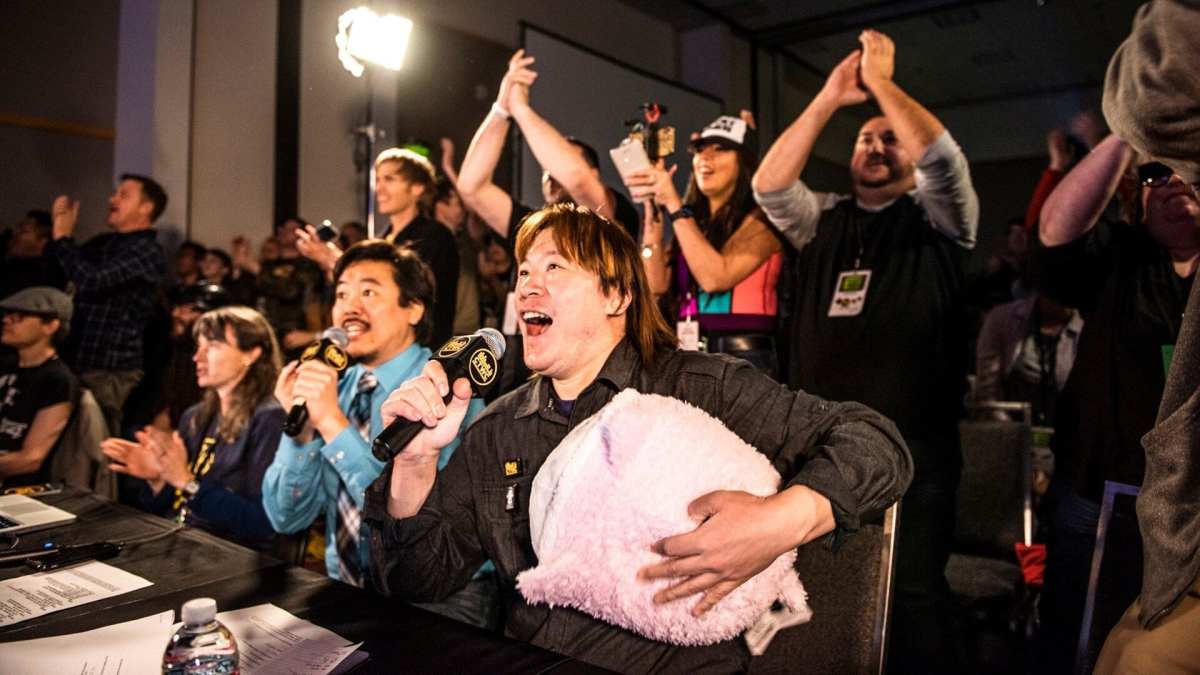
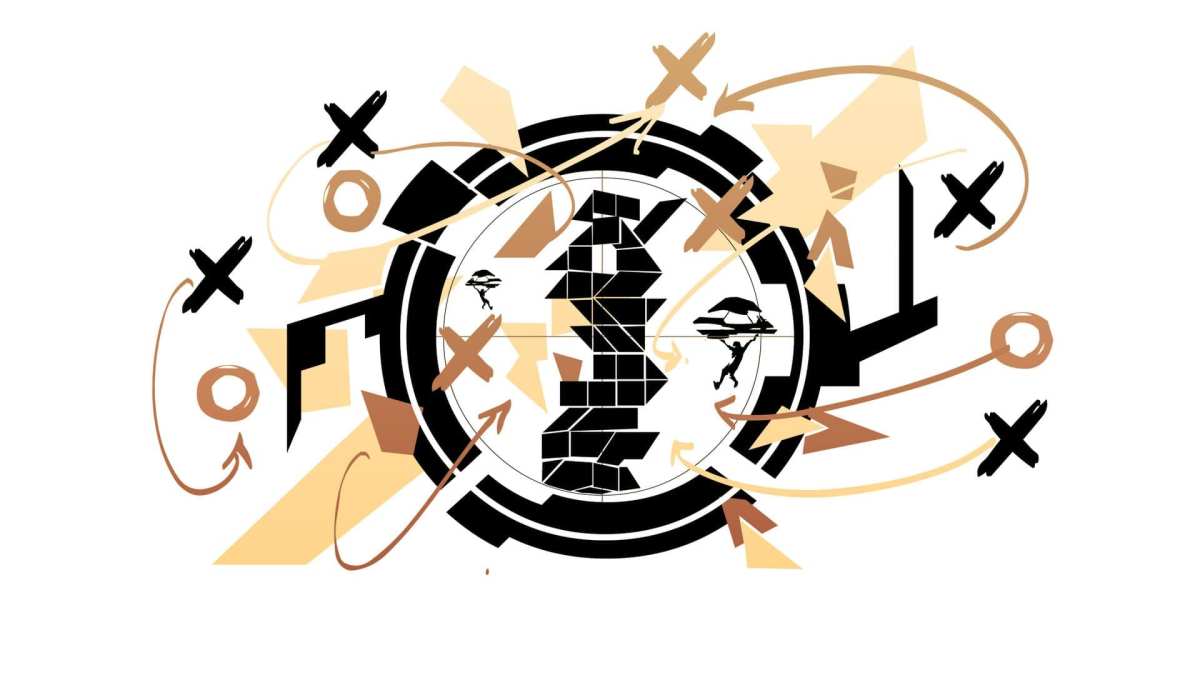
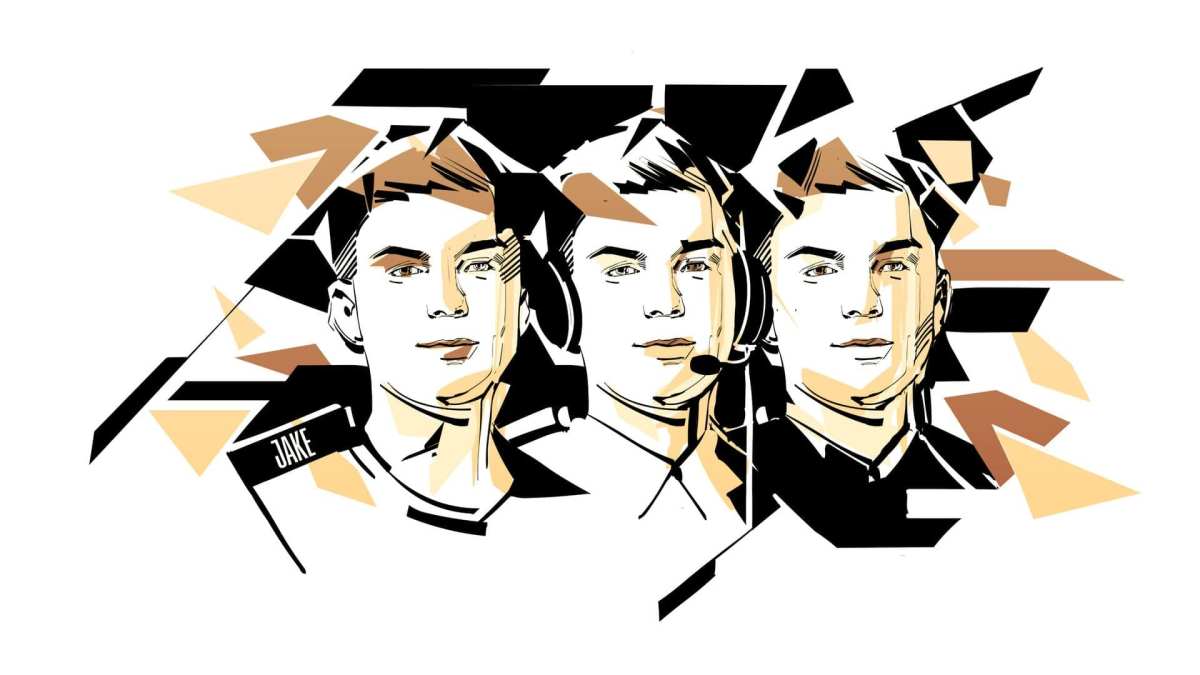
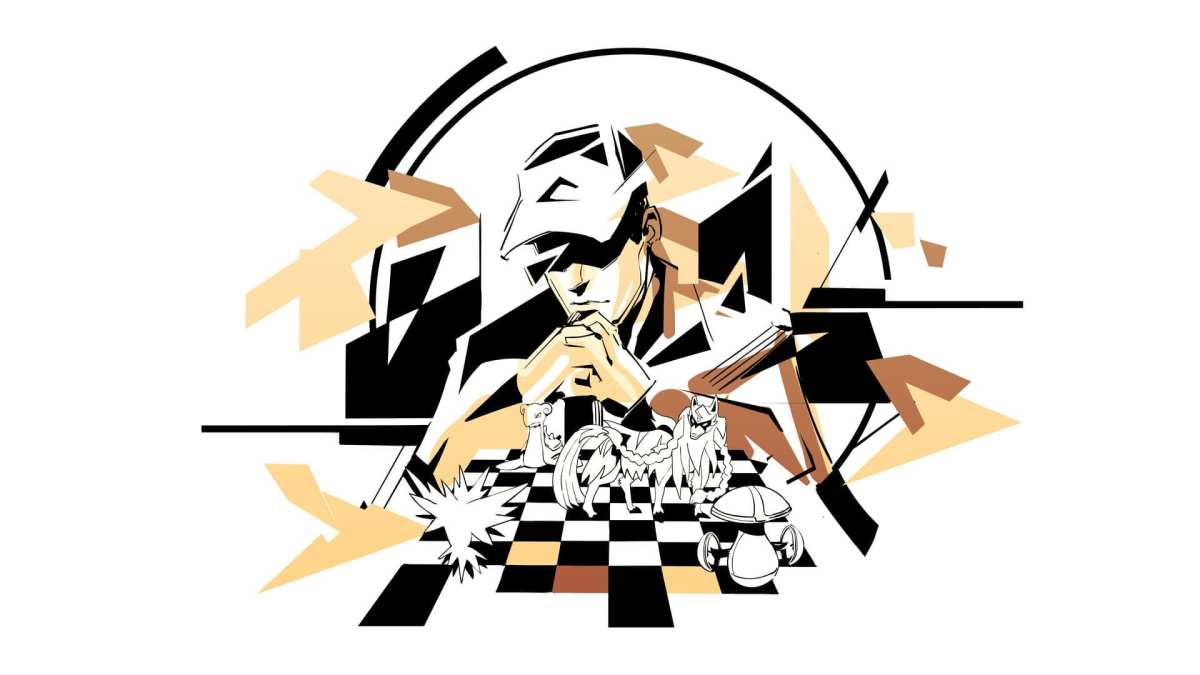
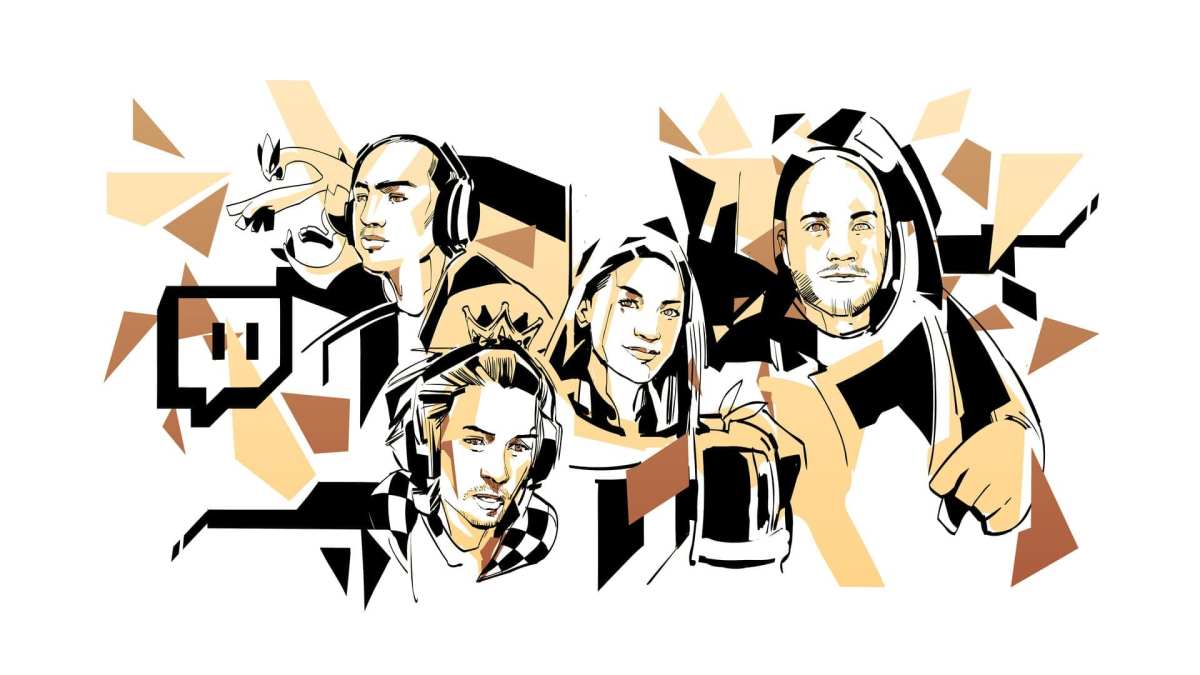
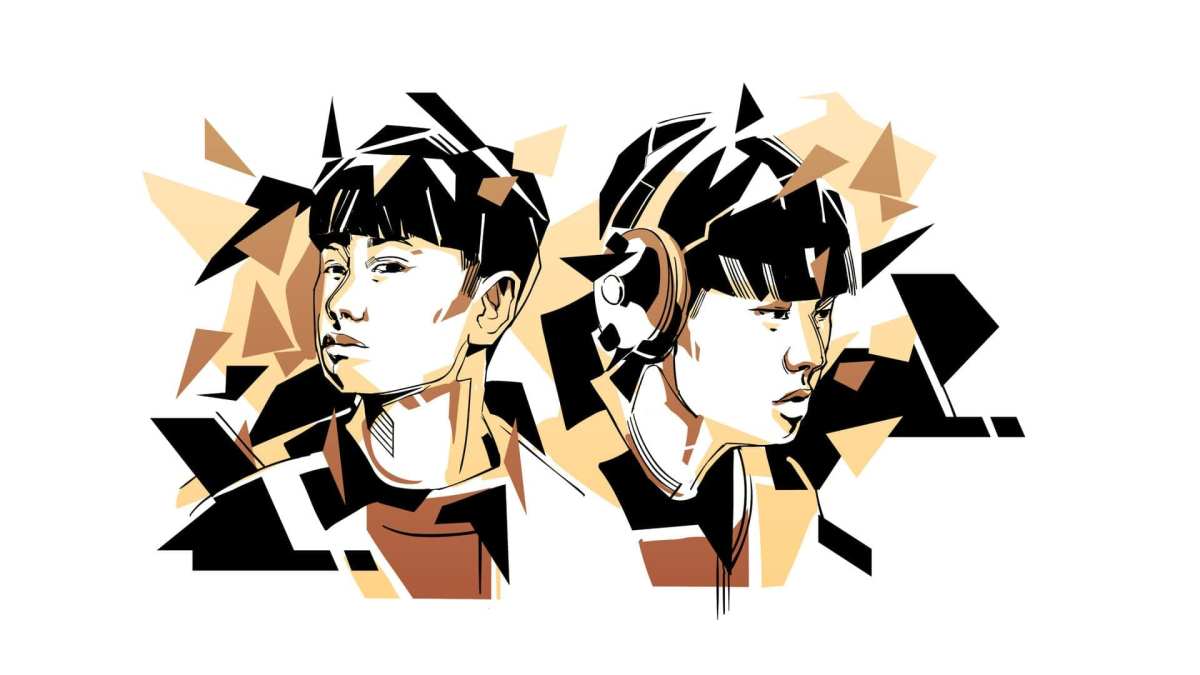
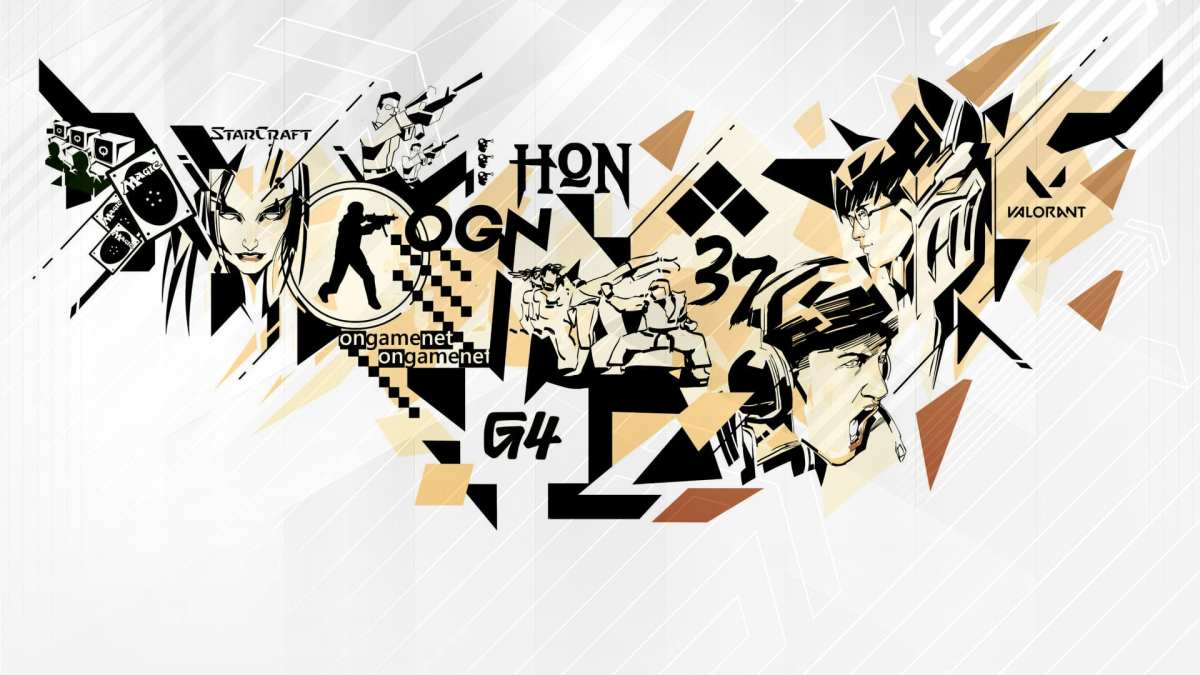

Published: Apr 20, 2021 10:00 am